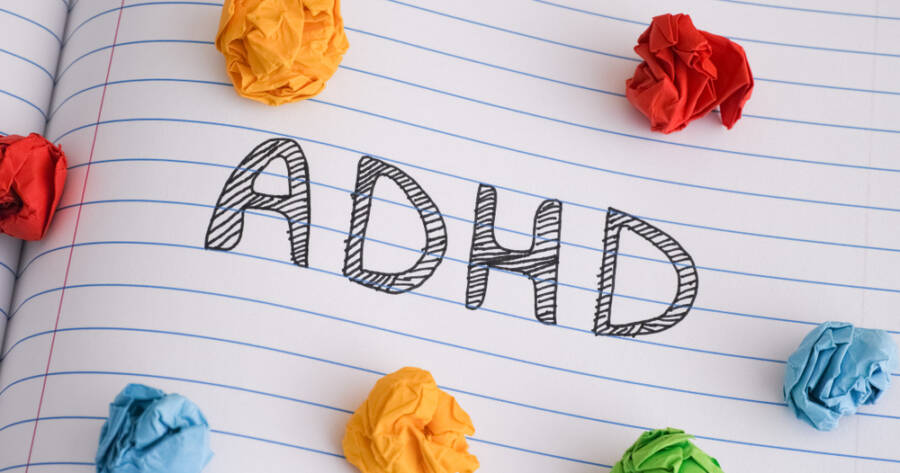Attention Deficit Hyperactivity Disorder (ADHD) is commonly associated with children, but it’s increasingly understood that many adults also experience it. However, adult ADHD can manifest differently, making it challenging to identify. Many adults may go undiagnosed for years, attributing symptoms to stress or personality traits. By learning to recognize early signs and exploring assessment options, individuals can gain insights into their mental health and seek appropriate support if necessary.
Understanding ADHD in Adults
ADHD in adults is a neurodevelopmental condition that can persist from childhood or emerge later due to environmental or biological factors. While the core traits—hyperactivity, inattention, and impulsivity—remain central, their presentation often shifts with age. For instance, hyperactivity might manifest less physically but still persist as inner restlessness or a constant sense of being “on edge.”
It’s crucial to remember that ADHD occurs on a spectrum. Not everyone with these traits has ADHD, as other conditions, such as anxiety, depression, or sleep disorders, can overlap with or mimic ADHD symptoms. This is why a nuanced approach to identification and diagnosis is essential.
Early Symptoms of Adult ADHD to Watch For
Chronic Disorganization and Forgetfulness
Adults with ADHD often struggle with organizing tasks, managing time, or remembering appointments. They may find it hard to complete projects, even ones they find interesting, due to difficulty maintaining focus or prioritizing effectively.
Difficulty Maintaining Focus
While anyone can occasionally lose concentration, adults with ADHD may frequently find their minds wandering, even during important conversations or tasks. They might also become easily distracted by external stimuli, making it challenging to stay on track.
Impulsivity in Decision-Making
Impulsivity in adults with ADHD can manifest as speaking out of turn, making snap decisions without considering consequences, or engaging in risky behaviors. This can impact relationships and professional settings, often causing frustration or misunderstandings.
Emotional Dysregulation
Adults with ADHD may experience difficulty regulating emotions, leading to sudden outbursts of anger, frustration, or sadness. This can sometimes be mistaken for mood disorders, highlighting the need for thorough evaluation.
Struggling with Restlessness
Hyperactivity in adults may present as an inability to relax. Individuals might fidget, feel the need to constantly move, or experience a sense of restlessness that keeps them from fully unwinding.
Factors That Can Complicate Diagnosis
Diagnosing ADHD in adults isn’t straightforward. For one, symptoms can vary widely between individuals, and many adults develop coping mechanisms that mask their struggles. Additionally, comorbid conditions such as anxiety, depression, or substance abuse can obscure the picture.
Social stigma also plays a role, with some individuals hesitant to seek help due to fears of being misunderstood or judged. Moreover, adult ADHD symptoms may be dismissed as “normal” reactions to stress, fatigue, or life circumstances.
A clear diagnosis requires a comprehensive evaluation by a qualified professional, such as a psychologist or psychiatrist, who can differentiate ADHD from other potential causes of similar symptoms.
Assessment Options for Adult ADHD
Self-Assessment Tools
Online self-assessment tools, such as questionnaires and symptom checklists, can be a good starting point for individuals suspecting ADHD. These tools, while not diagnostic, can help clarify whether professional evaluation might be warranted.
Psychological Evaluation
A licensed psychologist can conduct a formal assessment through interviews, standardized tests, and behavioral observations. These evaluations aim to capture the individual’s challenges across different aspects of life, providing a detailed picture of potential ADHD.
Psychiatric Consultation
Psychiatrists specialize in diagnosing and treating ADHD, particularly when medication might be part of the management plan. They typically assess symptoms alongside any comorbid conditions, which is especially important since ADHD often coexists with other mental health challenges.
Multi-Source Feedback
In some cases, clinicians may gather input from individuals who know the patient well, such as family members or colleagues. This can provide a more comprehensive understanding of how symptoms manifest in different settings.
Treatment and Management Considerations
While there is no single “cure” for ADHD, there are many strategies that can help manage symptoms effectively. Treatment often combines several approaches, including:
- Behavioral Therapy: This can help individuals develop strategies for managing time, improving organization, and navigating emotional challenges.
- Medication: For some, stimulant or non-stimulant medications may help regulate focus and reduce impulsivity. Any decision regarding medication should be made collaboratively with a healthcare provider.
- Lifestyle Changes: Regular exercise, a balanced diet, and sufficient sleep can support overall mental health and may alleviate some ADHD symptoms.
- Support Groups and Coaching: Connecting with others facing similar challenges can provide encouragement, while ADHD coaches can offer tailored strategies to navigate daily life.
Taking the Next Step
Recognizing the early symptoms of ADHD in adults is an essential first step toward understanding one’s challenges and exploring potential solutions. While it can feel daunting, seeking assessment and guidance from qualified professionals can provide valuable clarity.
If symptoms are impacting your quality of life, consider starting with a self-assessment or consulting a mental health expert. With the right tools and support, managing ADHD becomes a pathway to improved well-being and productivity, opening the door to a more fulfilling life.
